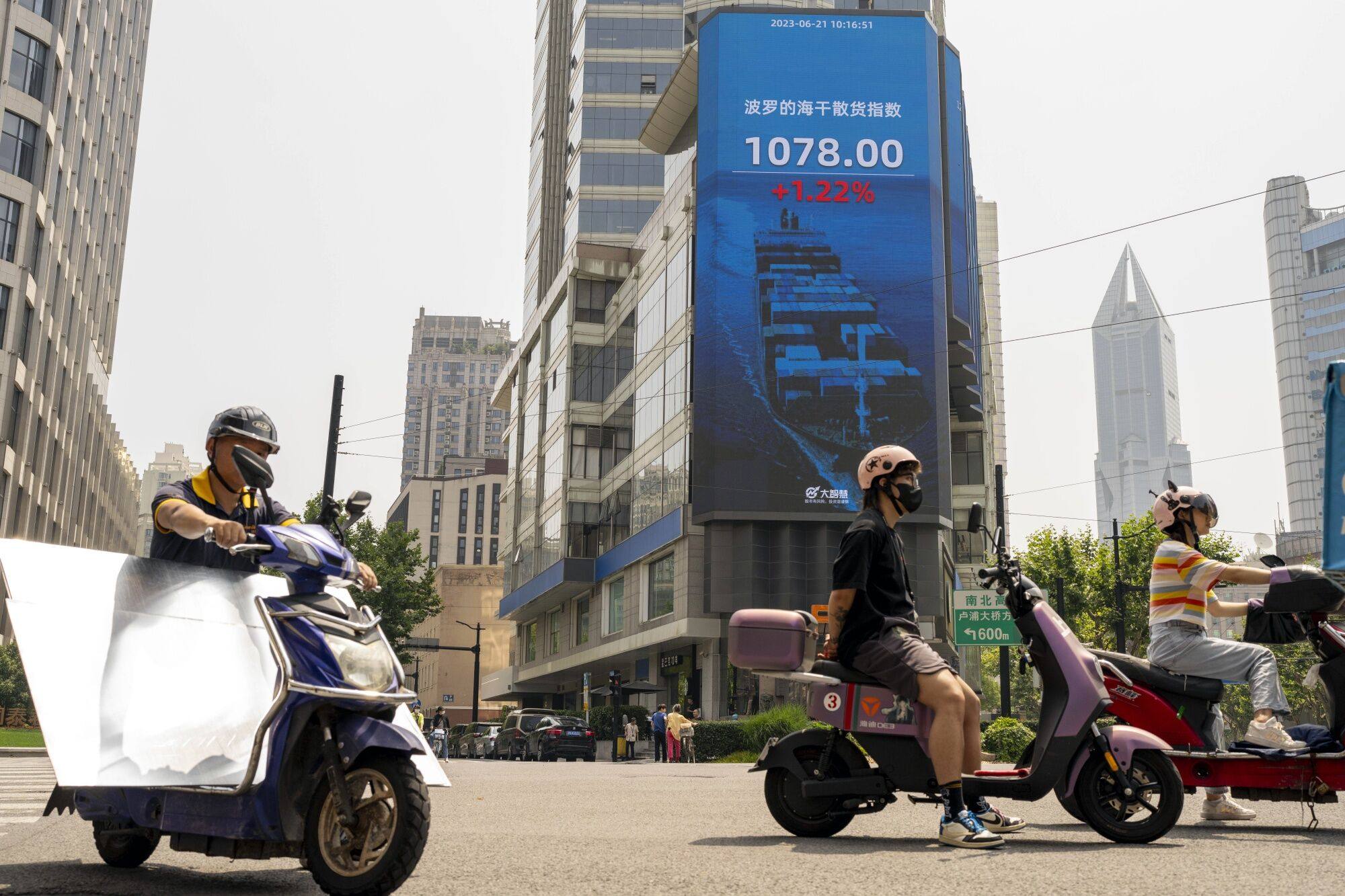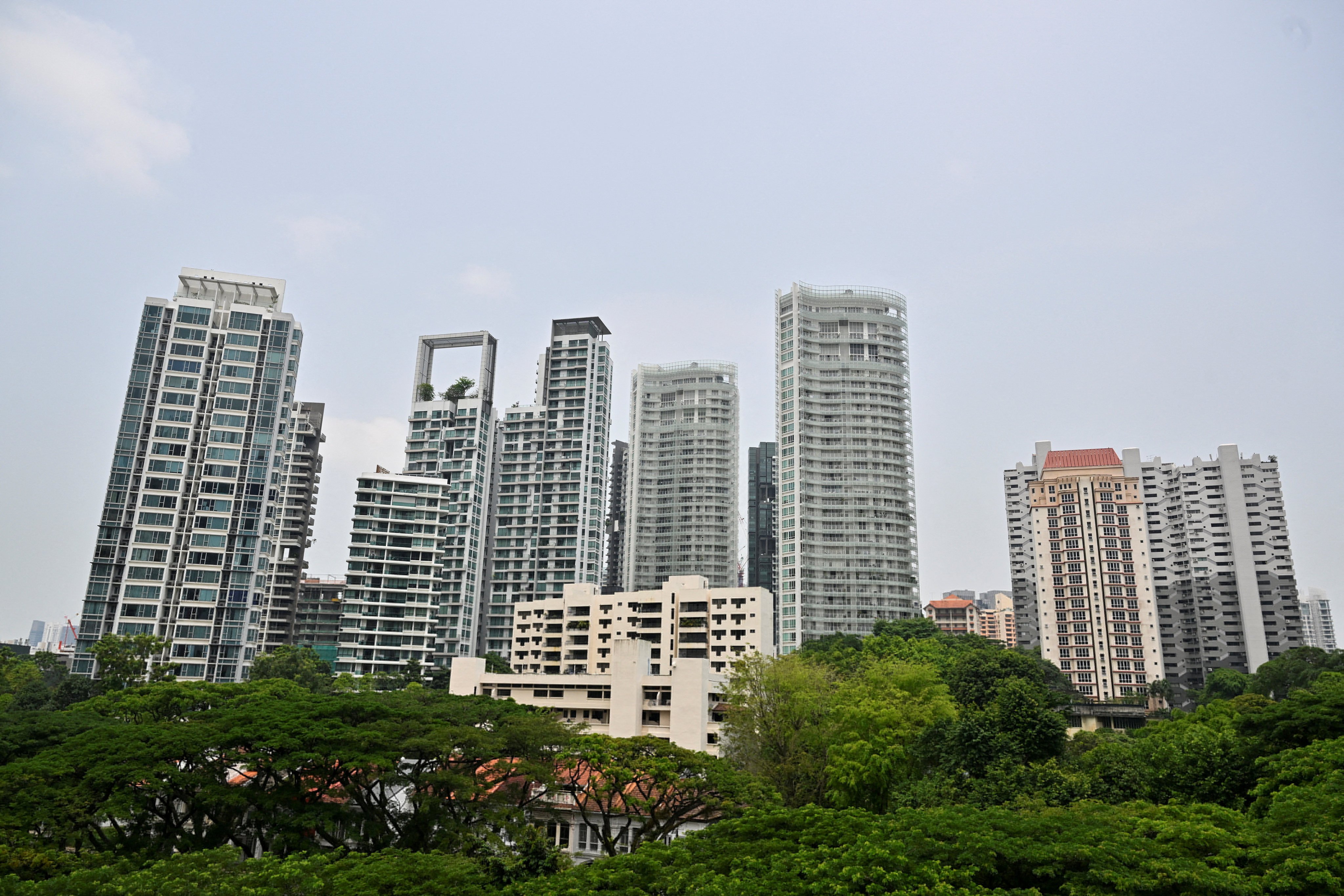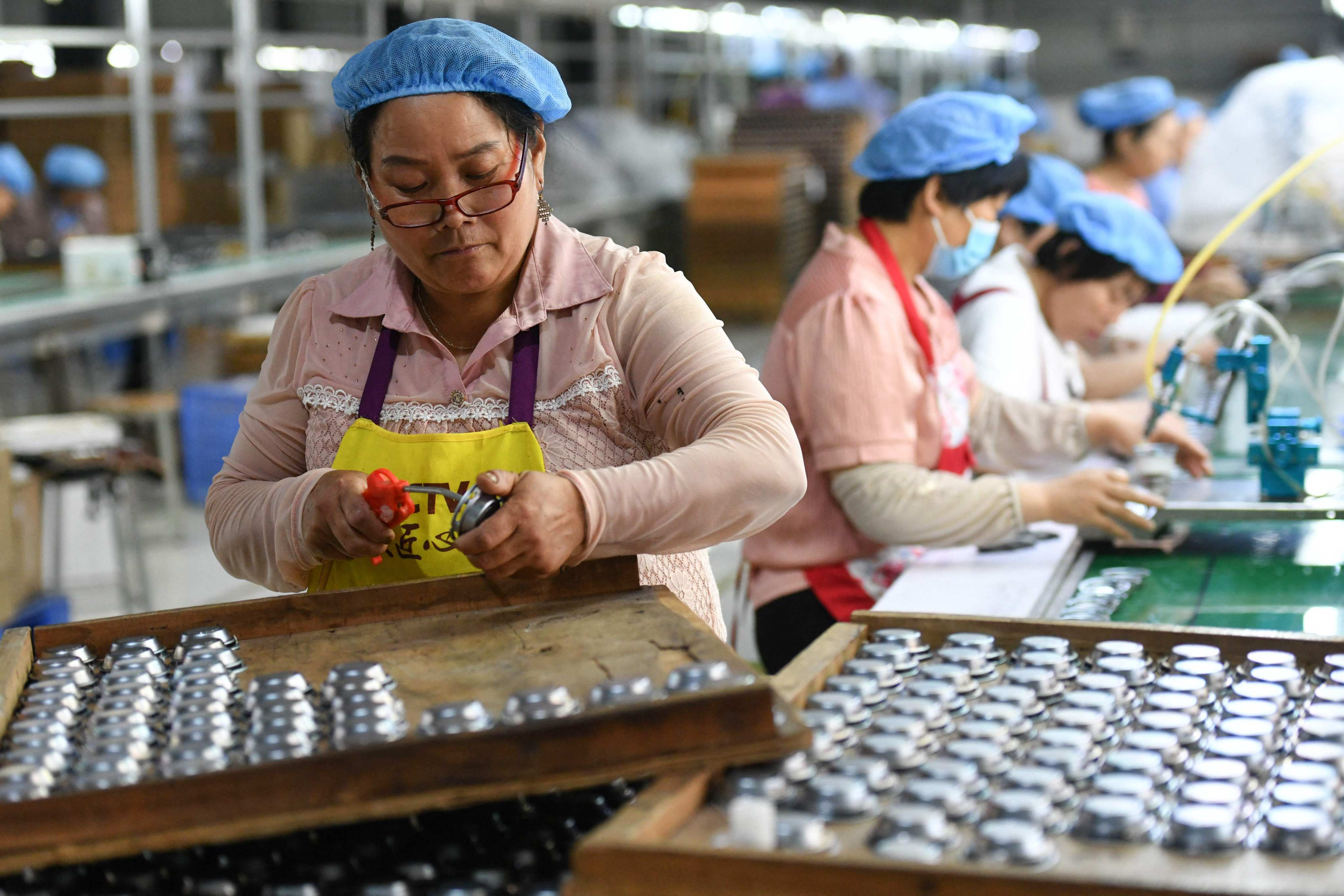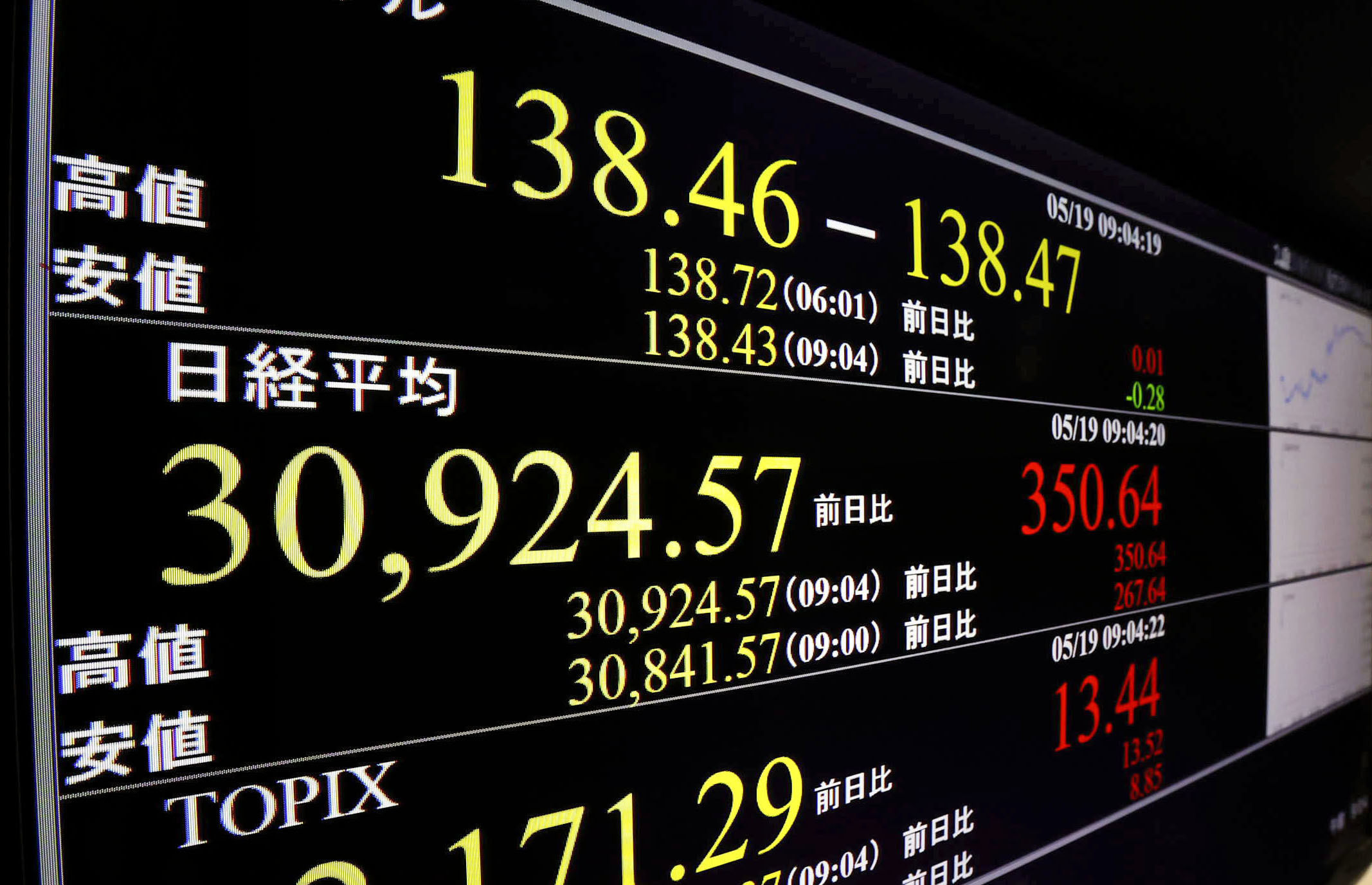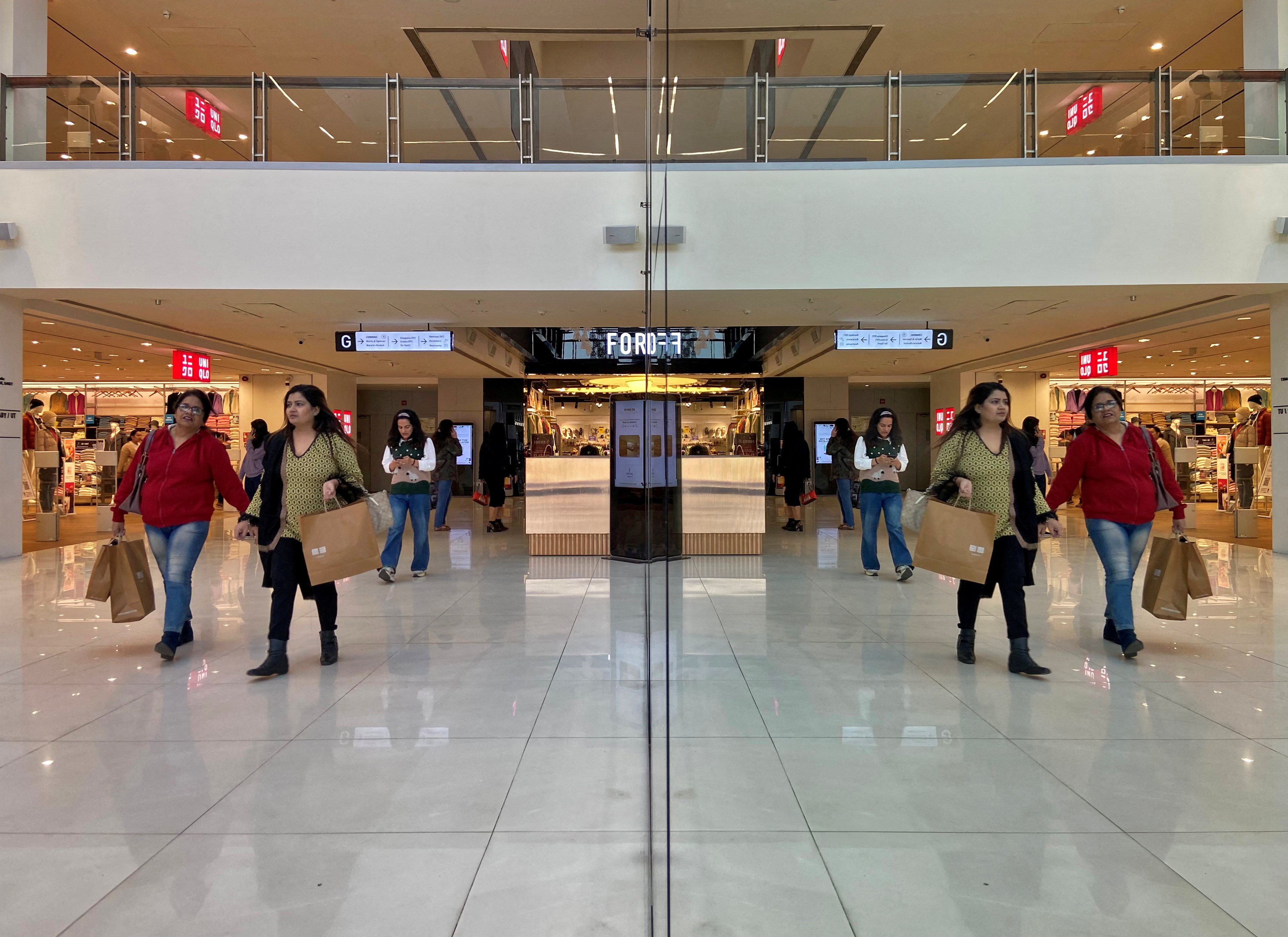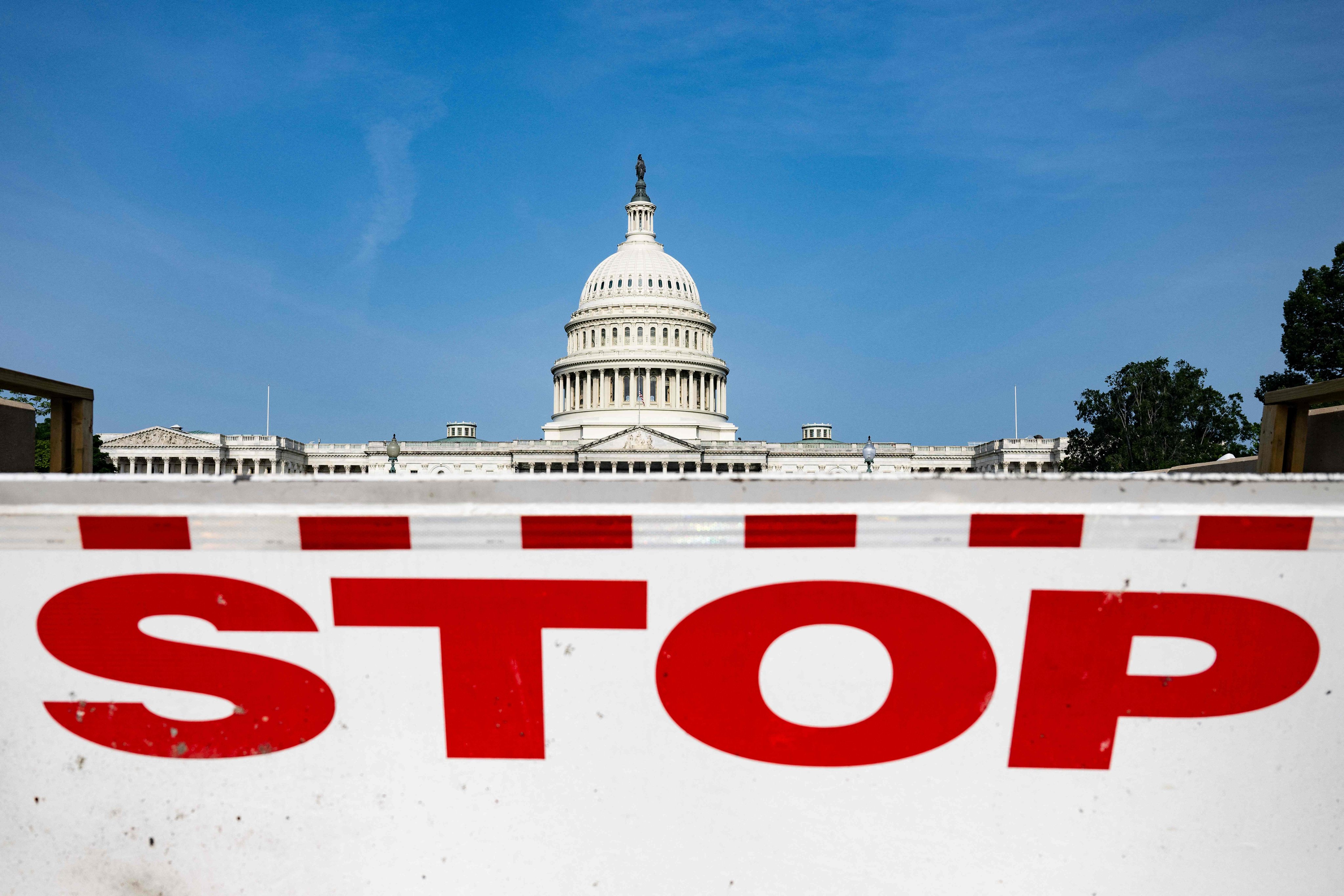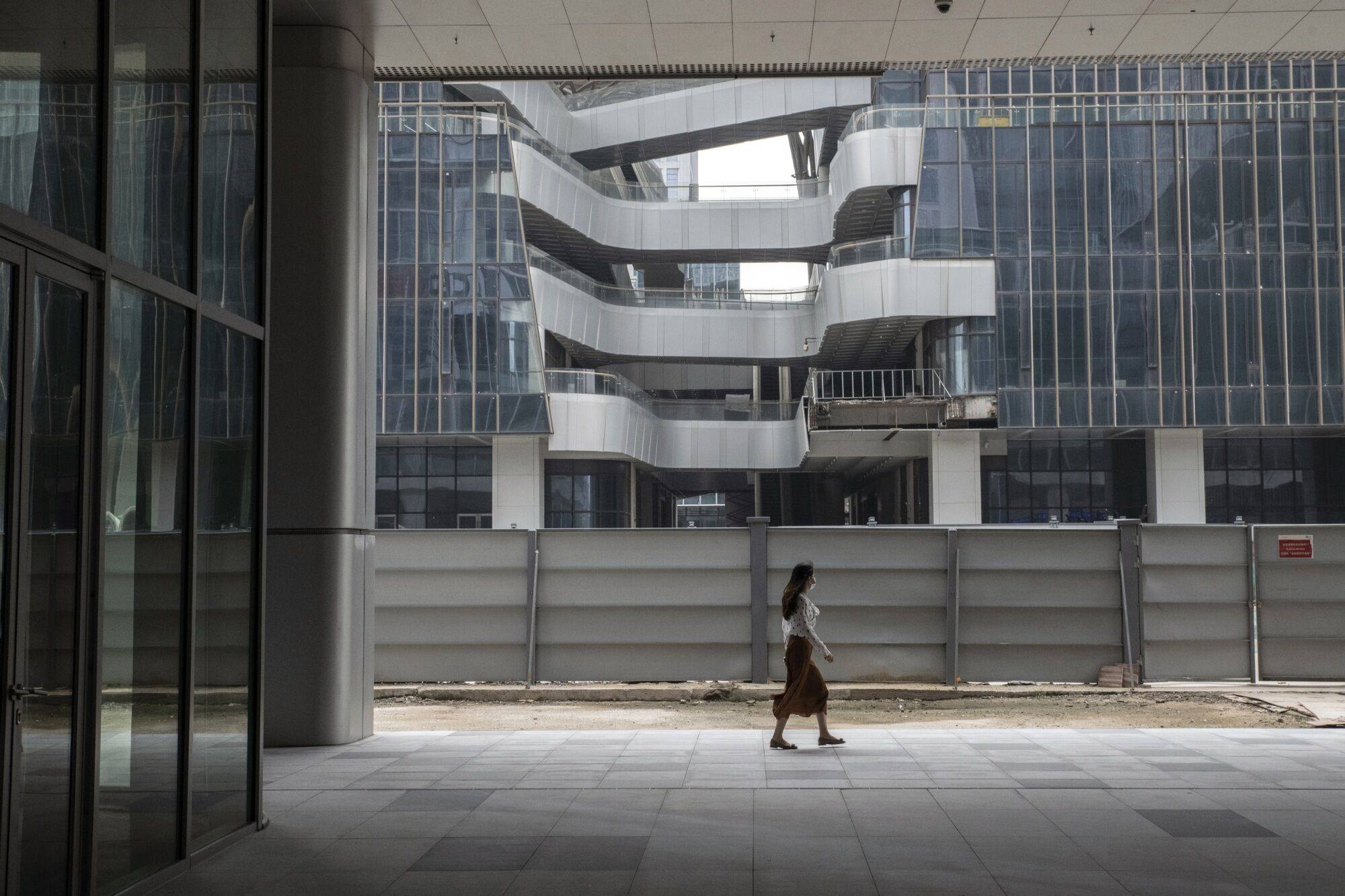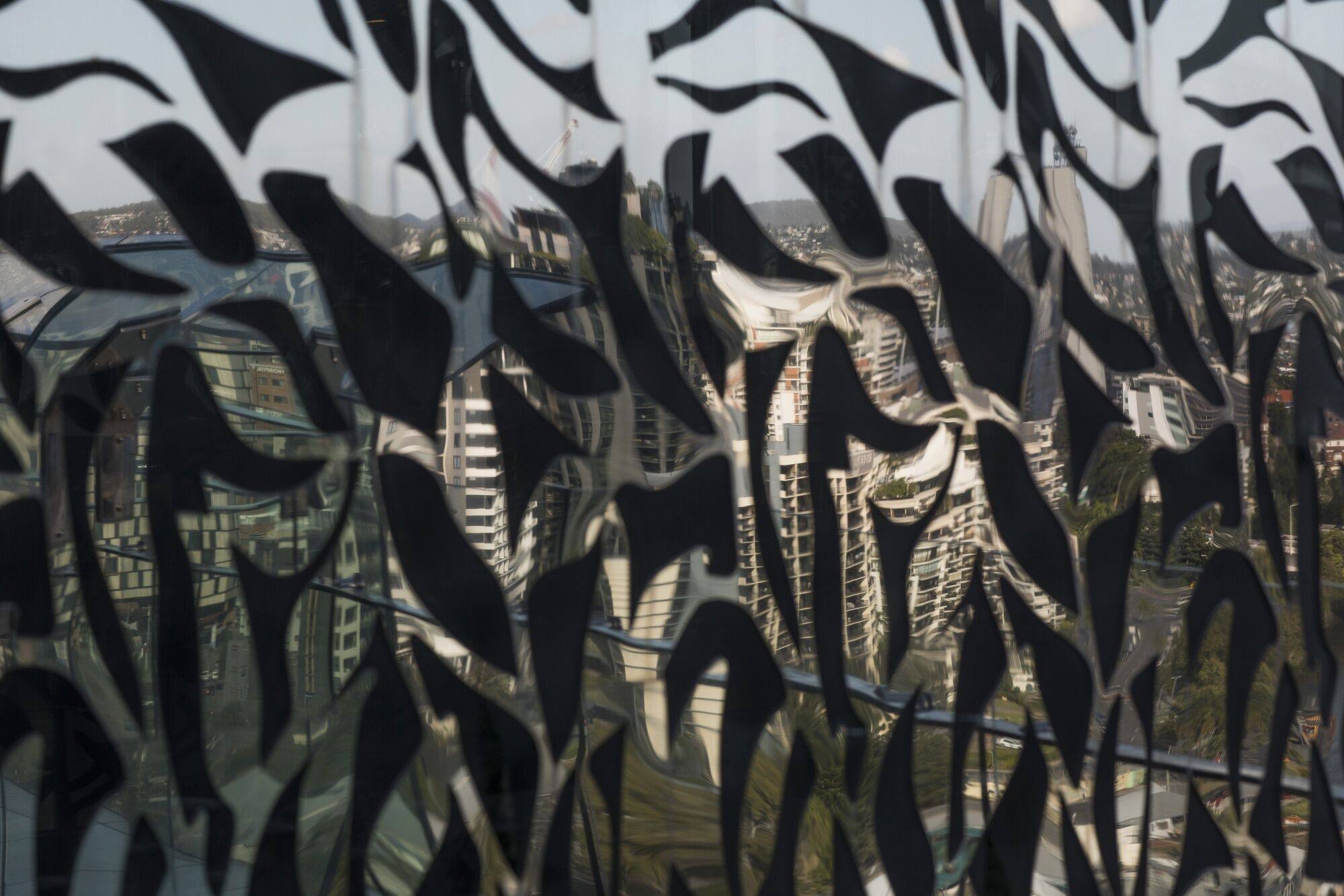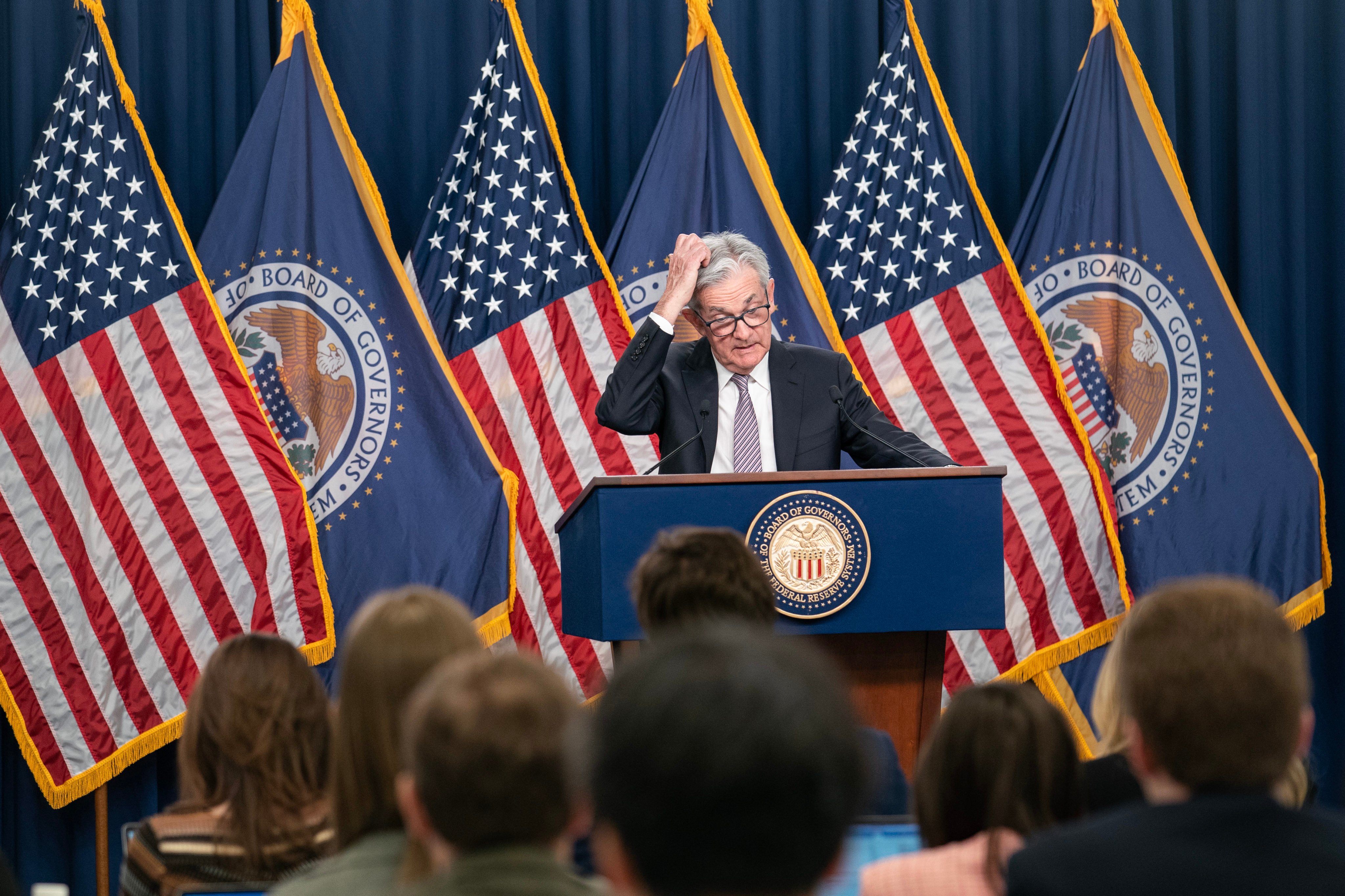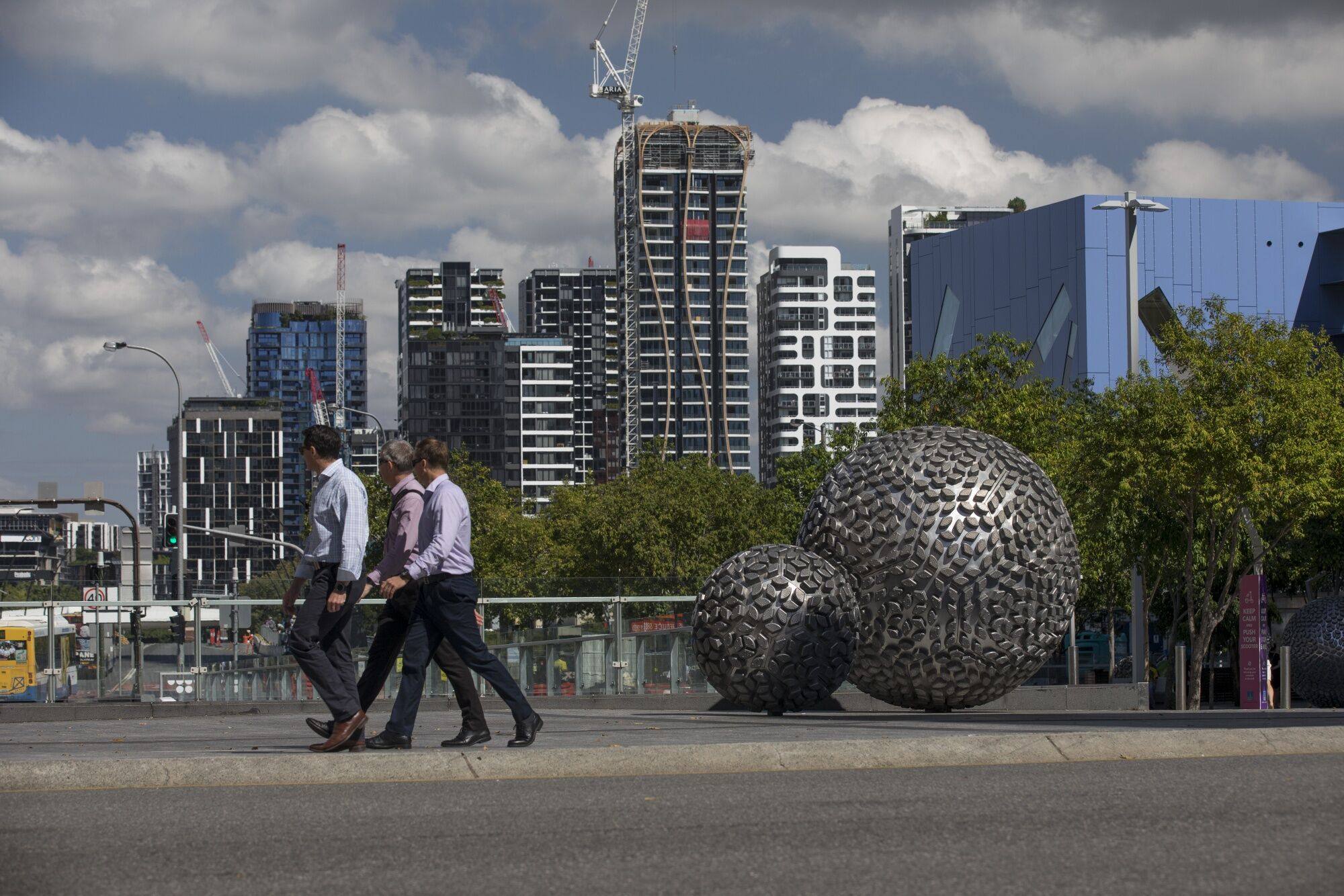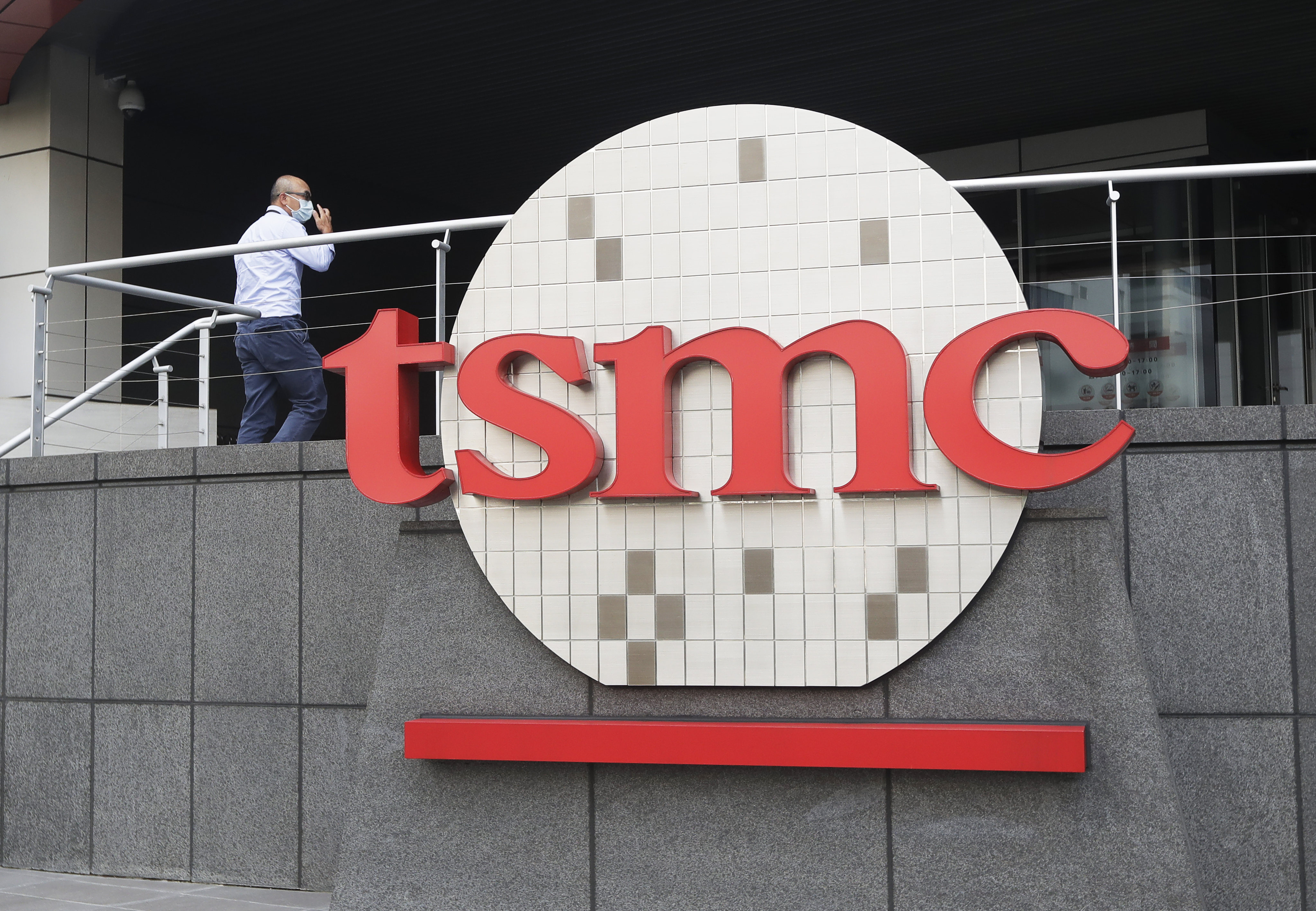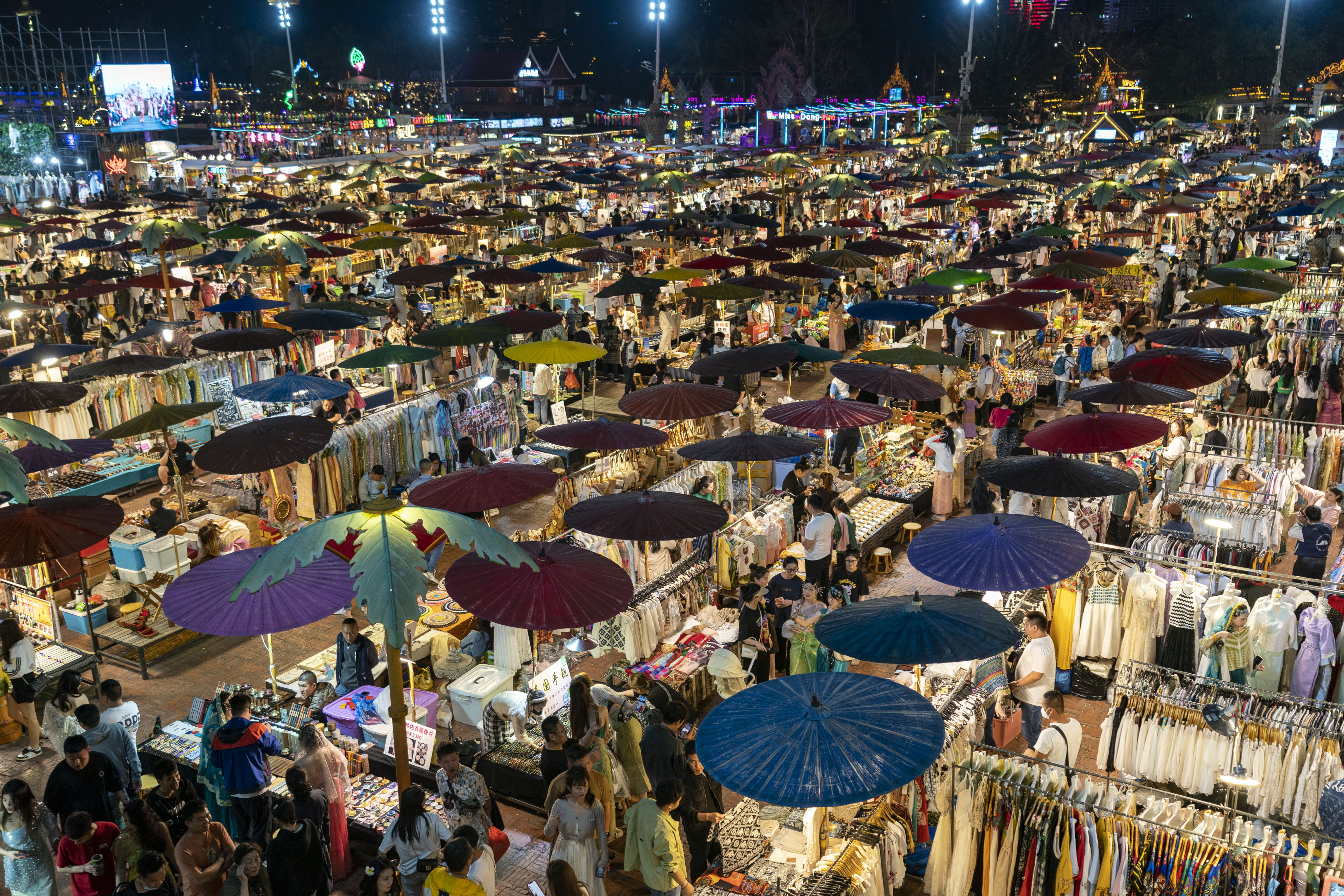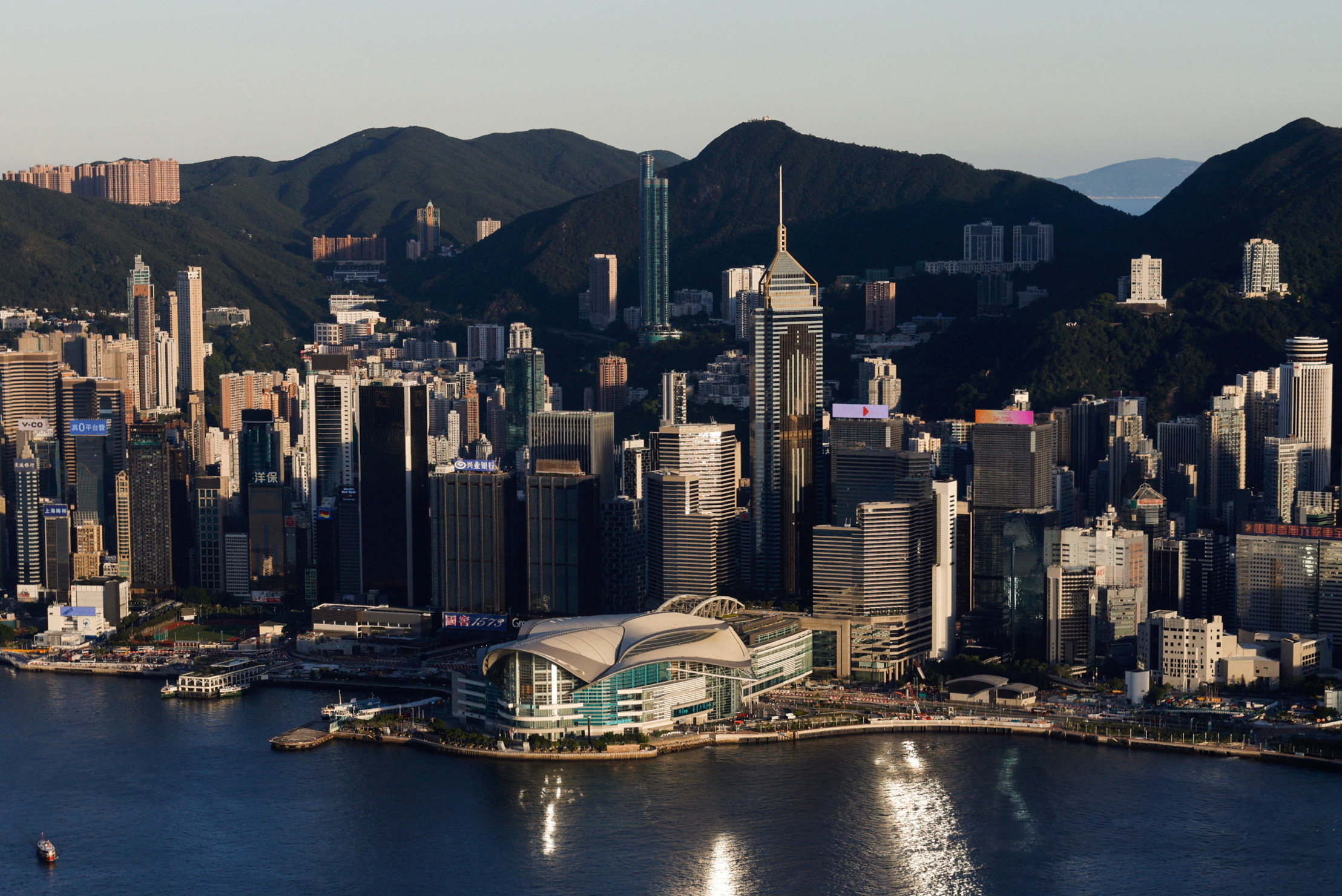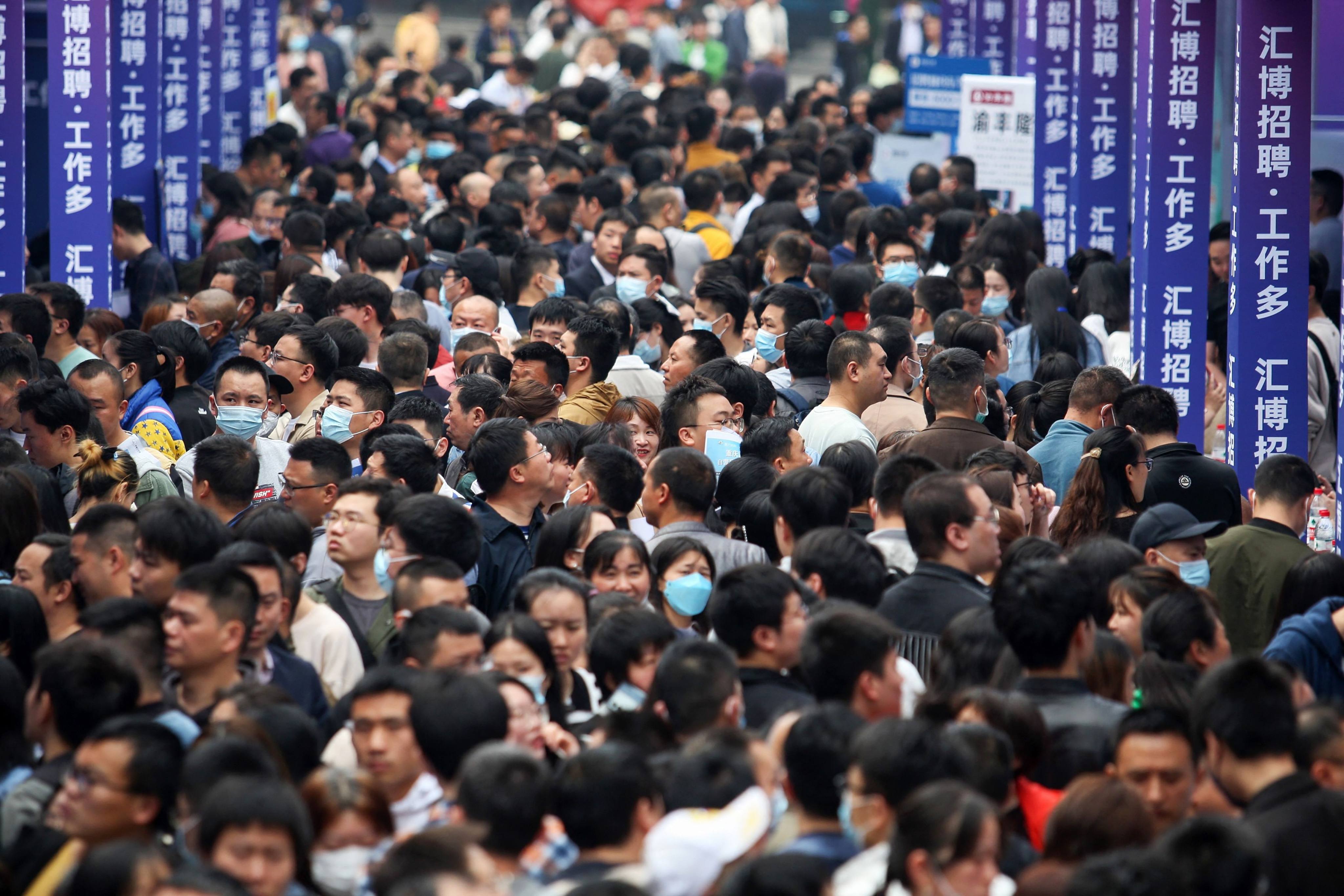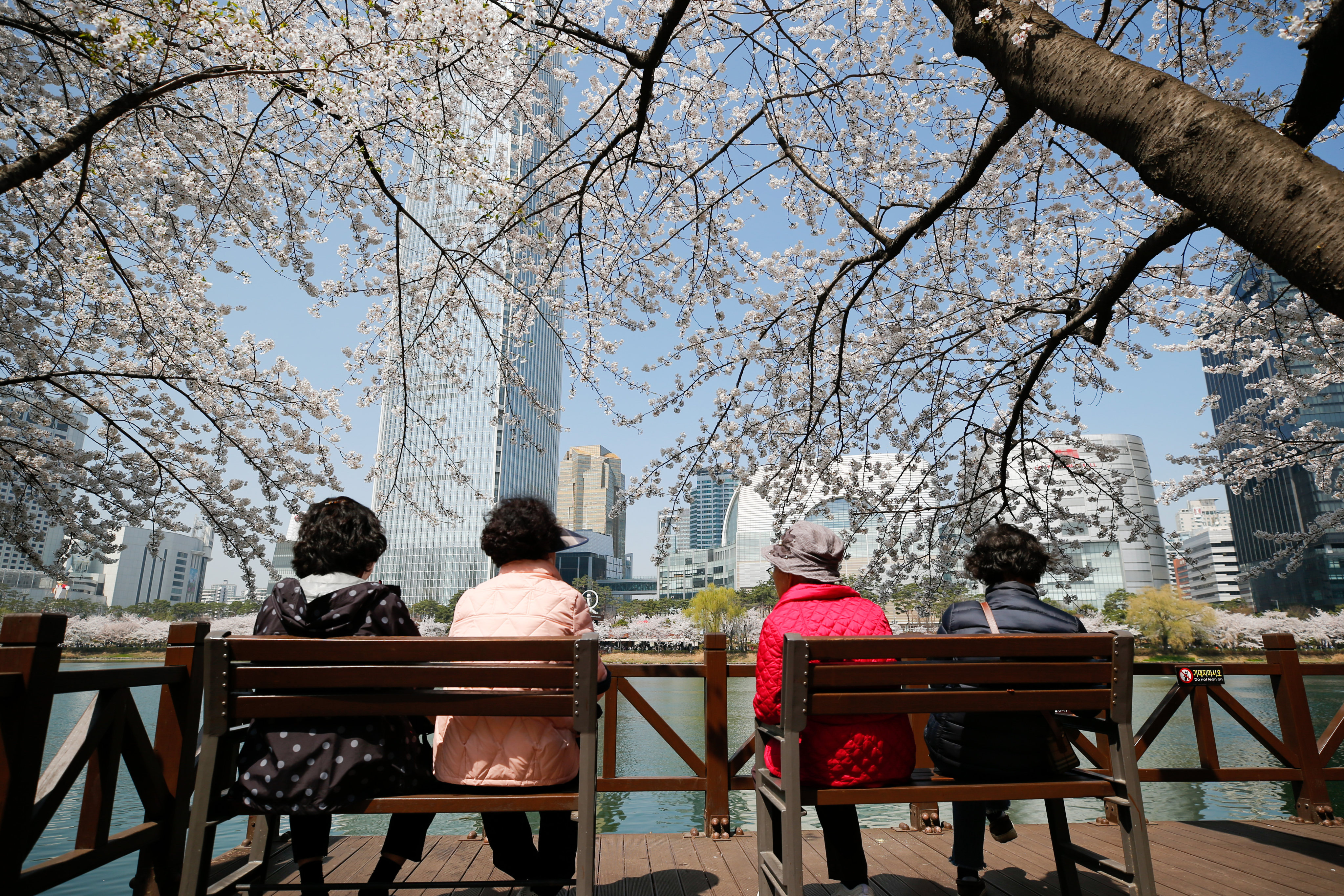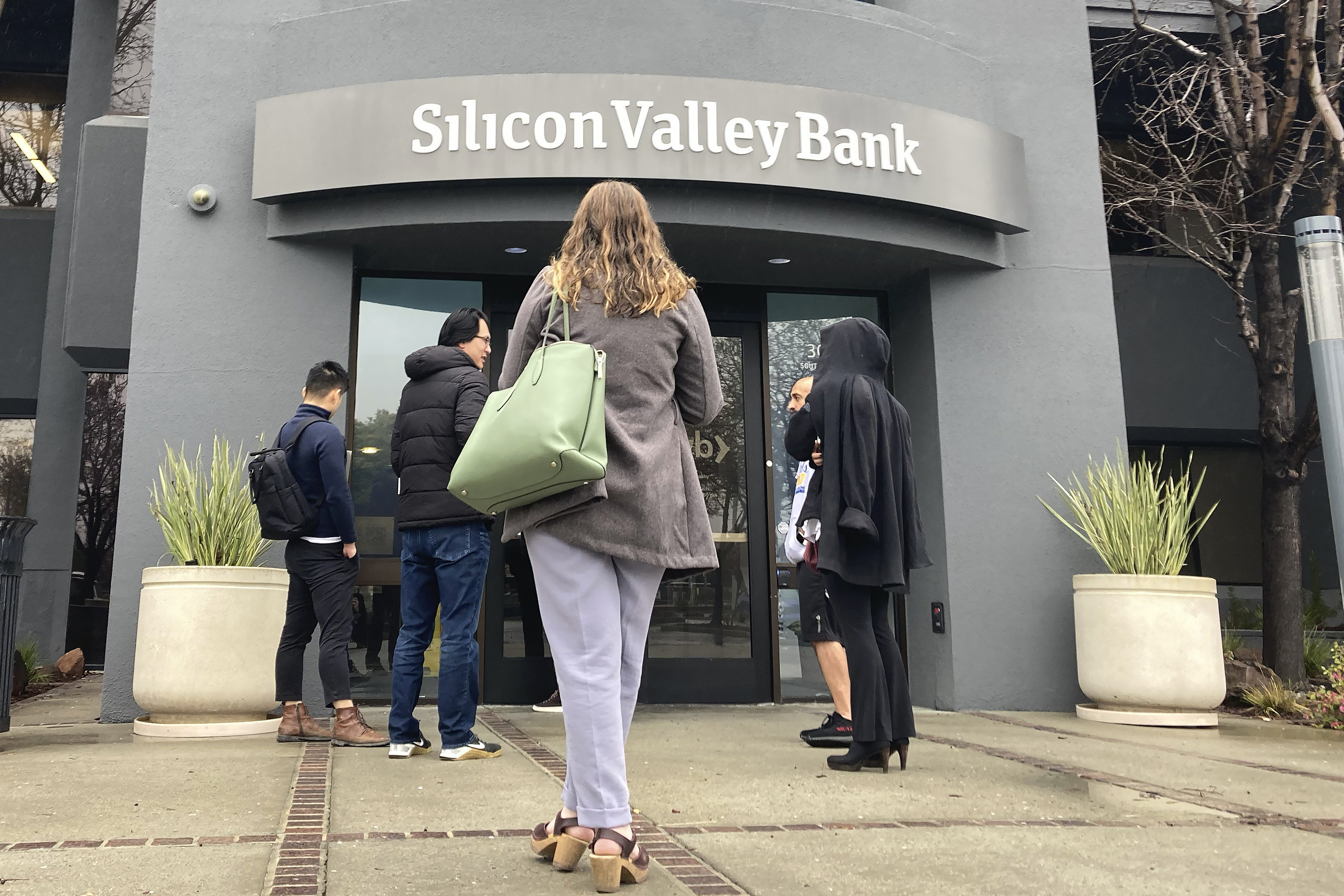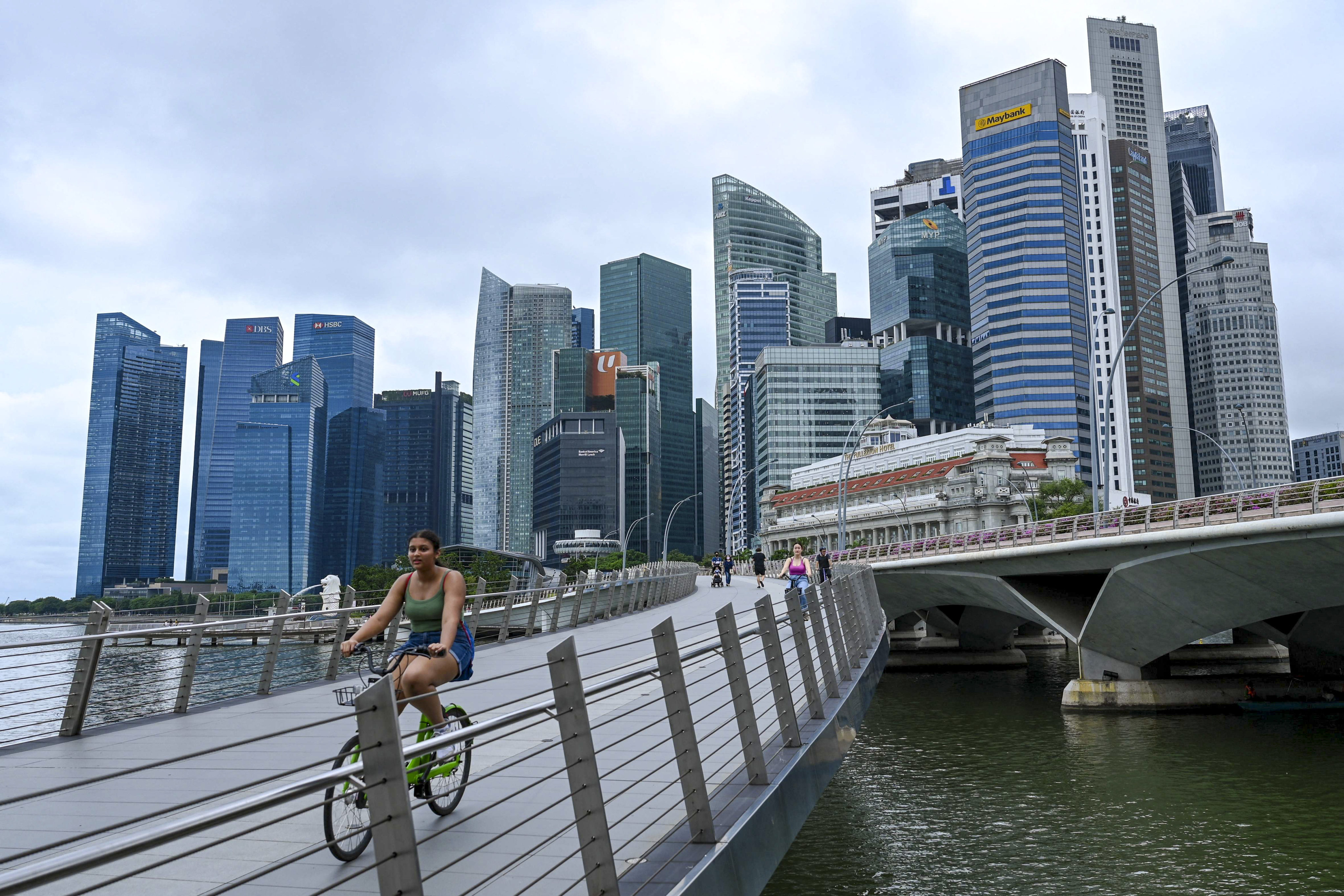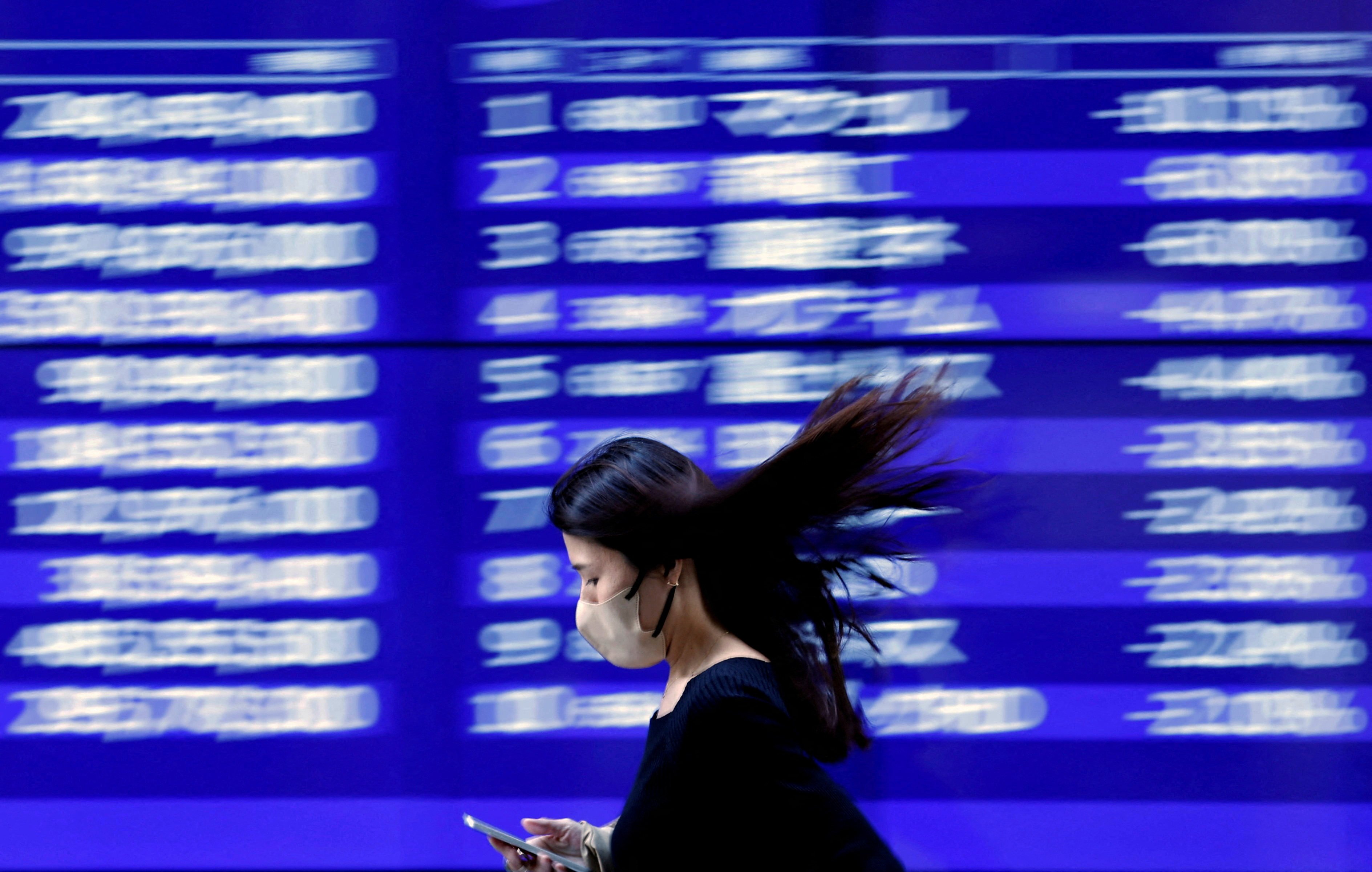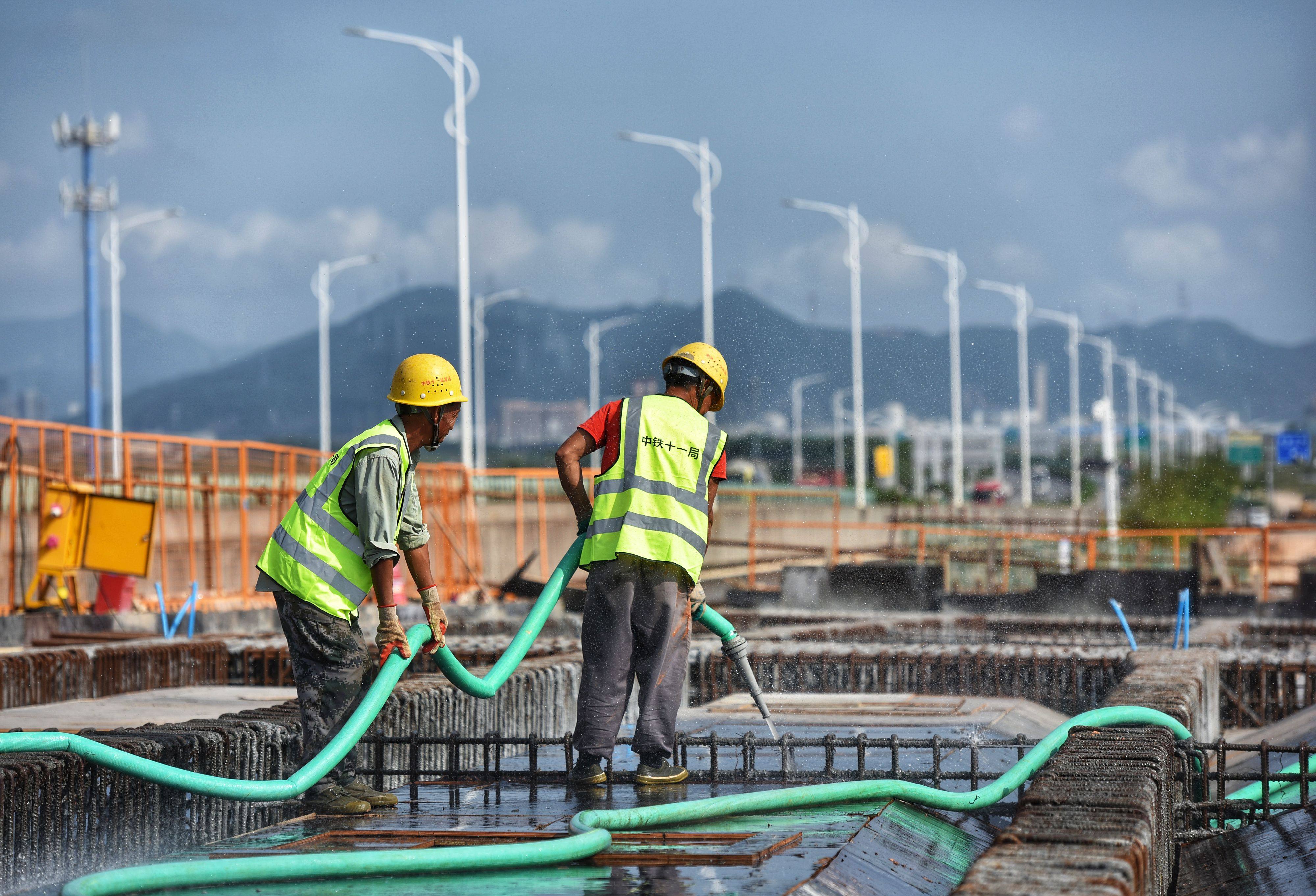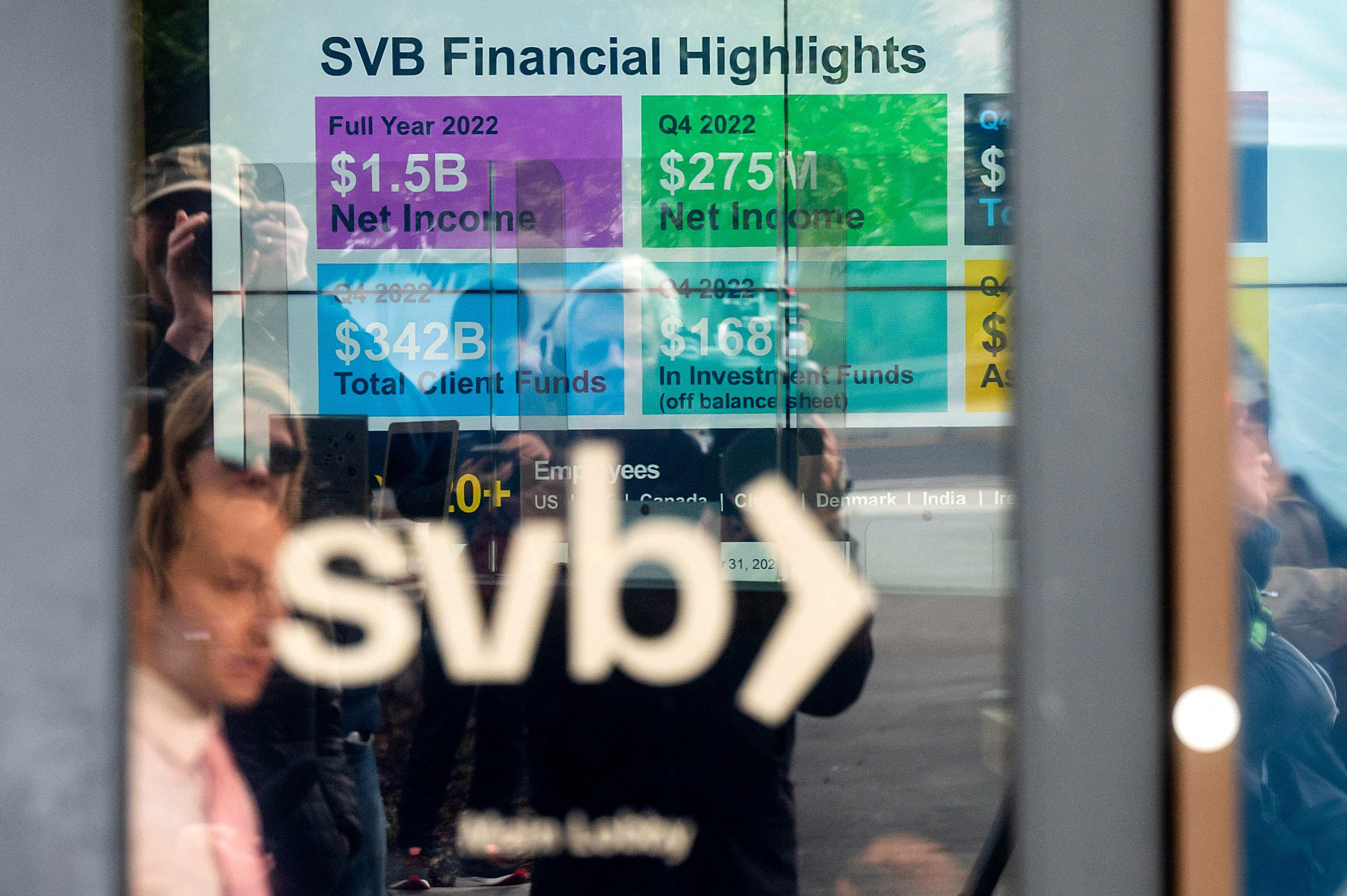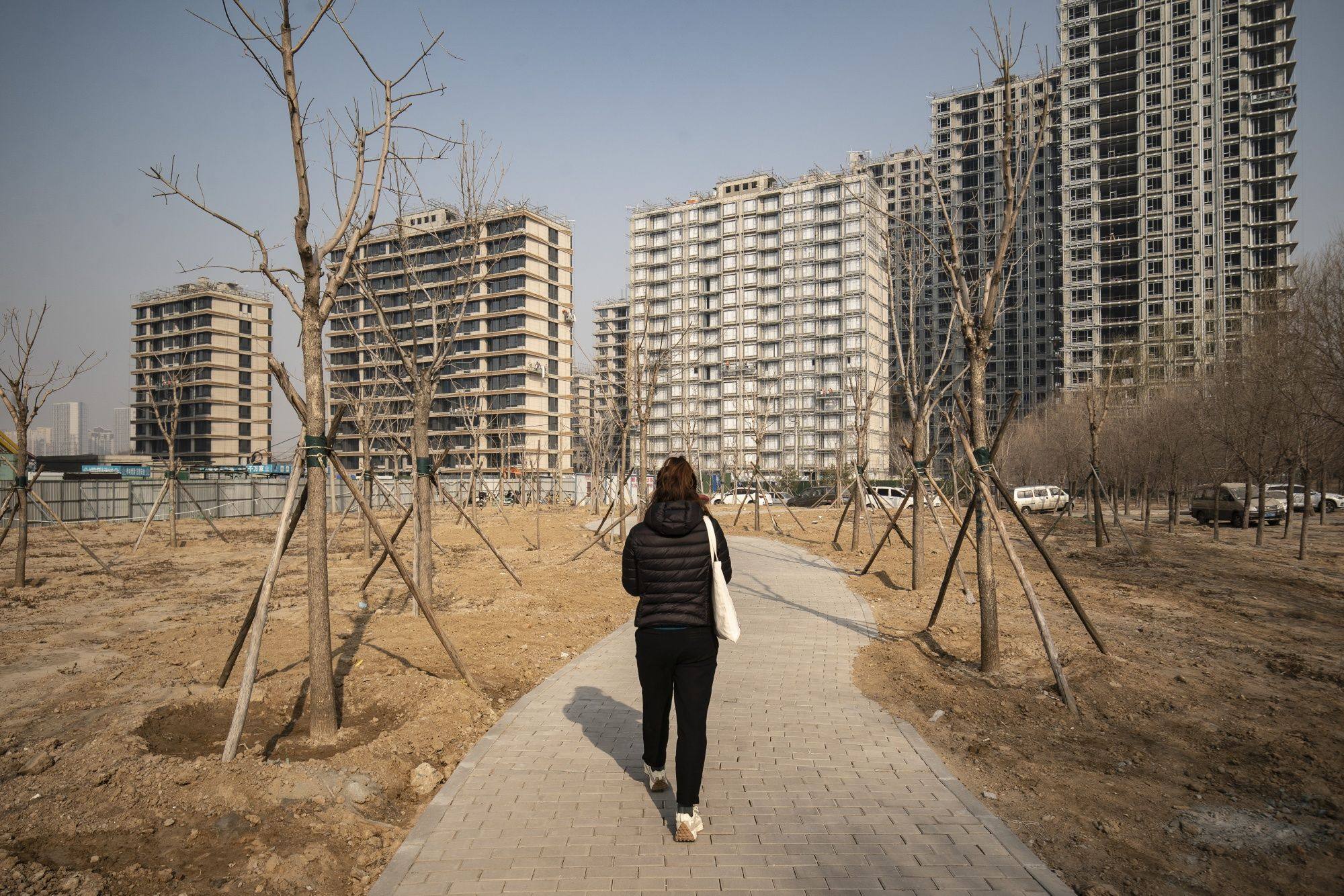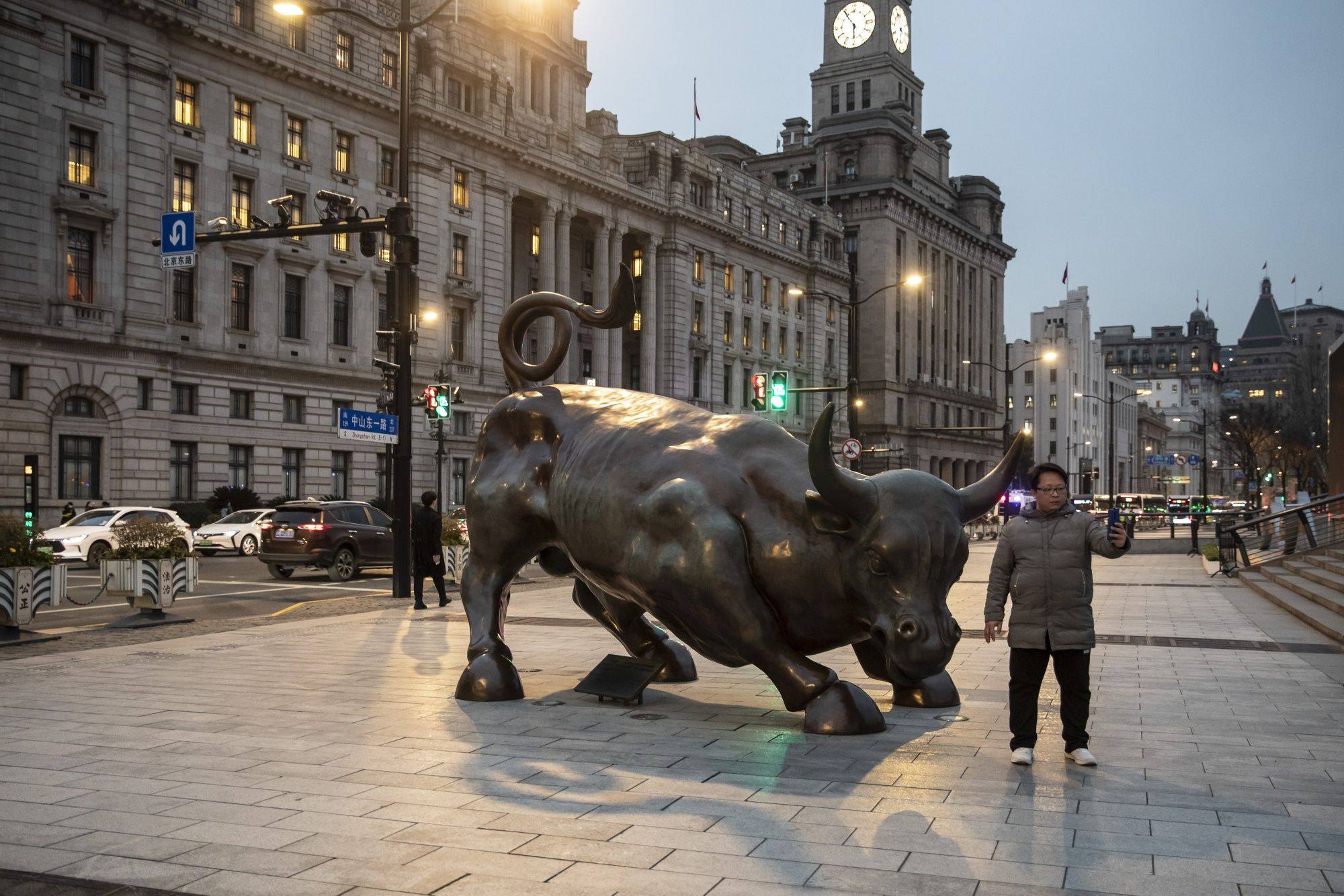
Southeast Asia’s hotel industry has shown it can find its footing as it rebuilds from the ravages of the Covid-19 pandemic. However, persistently weak growth in China will inevitably take its toll on the region’s hospitality sector.
Raising interest rates high enough to end rising inflation was the easy part for central banks, but now they must get it to start going back down. The lag inherent in monetary policy means it is hard to know whether central banks have done too much.
Rising demand for investment products in Asia that exclude China is not necessarily a sign investors are jumping ship on the world’s second-largest economy. This theme catches on whenever risks in China escalate, but most of the markets viewed as attractive alternatives have their own vulnerabilities.
Tokyo flat prices may have gone through the roof, but prudent BOJ policymakers are likely to keep rates low. This, plus relatively high affordability, means conditions are a lot less bubbly than they might appear.
Expectations earlier this year of a US recession and a rapid rebound in China have backfired, leading to consternation among some investors. Even so, many are uncomfortable with the notion of a resilient US and an underperforming China and could will the narrative to change.
In Asia’s real estate markets, there has been a glaring lack of a meaningful adjustment in prices. As buyers push for steeper discounts but sellers hold out for an improvement in sentiment, Asian commercial property could become less attractive.
Amid another wave of dollar hatred, BRICS nations are talking up a common currency, while the yuan’s share of global trade finance has tripled in recent years. Yet, ‘King Dollar’ plays a unique role in the global economy, and also has luck on its side.
Until recently, Singapore had rejected draconian measures taken by countries like New Zealand and Canada. Singapore is now on board, though, with stamp duty for foreigners buying property doubling to 60 per cent – even though locals are driving the price surge.
In the past few weeks, concerns about the unevenness and durability of China’s post-Covid recovery have turned to despair. This says more about inflated expectations at the beginning of the year than it does about the tepidness of China’s recovery.
Japanese stocks have had many false dawns in recent years, but the latest upswing comes as several factors suggest this time may be different. Japan is also the only market in Asia big and liquid enough to offer an alternative to China.
India’s property sector pales in comparison to others in the region in terms of the volume of direct investment. However, the depiction of India as a bit player in Asia’s commercial property market belies the potent forces transforming the country’s real estate industry.
Any other economy would have been punished far more severely by markets for its politicians’ brazen willingness to play fast and loose with the nation’s financial system and creditworthiness, but US monetary hegemony gives its politicians too much leeway to endanger national and global stability.
Recent deals such as a Chinese investor’s acquisition of a shopping centre in Melbourne show a more discerning, sophisticated base across the region. Asian capital is also a powerful force on the global stage, and the region’s investment markets are providing a solid basis for confidence.
China’s domestic consumption-led recovery means that the spillover effects on the rest of the world are less pronounced. The bleak US outlook has put China’s performance under close scrutiny, and Western business expectations are running ahead of reality.
The housing crisis has focused attention on purpose-built rental housing that is typically owned, managed and operated by institutional investors. Australia’s market shows promise, but the sharp rise in construction costs and interest rates have cast doubt on the feasibility of new projects.
While it is true that losses in real estate markets led to a global crash in 2008, recent concerns about US commercial property may be misplaced. Other shocks, such as the outcome to the game of chicken over the US debt ceiling and the prospect of Trump as president, could prove more damaging.
Whether one is a prospective first-time buyer, a homeowner, a tenant or a landlord, signs Asia’s housing markets are stabilising have become a Rorschach test. If there is any consensus, it is that the outlook for the region’s property sector remains challenging.
Not only is TSMC hugely profitable, it is growing exceptionally fast and has a virtual stranglehold on the global semiconductor supply chain. Sentiment towards TSMC remains bullish, thanks in part to the firm’s strong fundamentals and relatively cheap shares from a geopolitical discount.
China’s luxury sector shrank last year amid citywide lockdowns, but years of self-imposed isolation have given rise to a more sophisticated domestic market. The big question for Hong Kong is how it can lure mainland shoppers who have more compelling options for luxury purchases at home.
The start of a sharp, albeit uneven rebound in China after three years of self-imposed isolation has more upside than an increasingly vulnerable US economy and financial system. Investors should be less wary on China, and less complacent about the US.
The outlook has no doubt improved, particularly in sectors related to tourism and the luxury residential market, but the city’s challenges that predate the pandemic remain. A chronic shortage of affordable housing and a stalemate in the investment market are just two issues that need addressing.
The impact of China’s reopening has been muted due mainly to a patchy revival in economic activity in areas such as property and exports. Even so, it is important to put China’s reopening into perspective as it’s still early days and is taking place amid market-moving events including the banking turmoil in the US and Europe.
With financial market vulnerabilities in focus, commercial property is a pressure point that is causing the most concern. However, the pessimism pervading the US-centric view of commercial property need not apply to the Asia-Pacific, where the office market is more resilient.
That there is still much uncertainty over where benchmark US rates are heading attests to the unpredictability of the financial and economic landscape. What is clear is that while rate increases set off the recent market turmoil, rate cuts would be an indication of the severity of the damage to confidence.
The surge in residential rents has fuelled concerns about rising living costs and the city’s ability to attract and retain talent. However, the recent rise comes after years of falling or flat rents, and property prices are just one of several factors determining the competitiveness of financial centres.
The collapse of three mid-size American banks and rescue of a systemically important European bank in a fortnight have roiled the global banking system. While rating agencies have pointed to the underlying strengths of Asia-Pacific banks, the region is not immune to the turmoil.
The bleak global backdrop may not seem to bode well for the development of China’s Reit market. However, starting with low-risk infrastructure – at a time when critical assets such as logistics properties are in demand – puts the market on the right track.
It’s becoming clear that investors and regulators have underestimated the scale of the damage wrought by the sudden surge in borrowing costs. SVB’s demise, in the wake of the UK pensions debacle, signals a slow-burn financial crisis unfolding.
The easing of Covid restrictions has undeniably boosted sentiment and sales. But for a government that must still deflate a bloated and overleveraged industry without crashing the market, just stabilising things is proving a challenge.
Investors who expected China’s reopening rally to continue at a blistering pace were asking too much given the uncertainties facing the world economy. However, there is also a case to be made that markets are too complacent about the sustainability of China’s recovery, given structural and political challenges.



